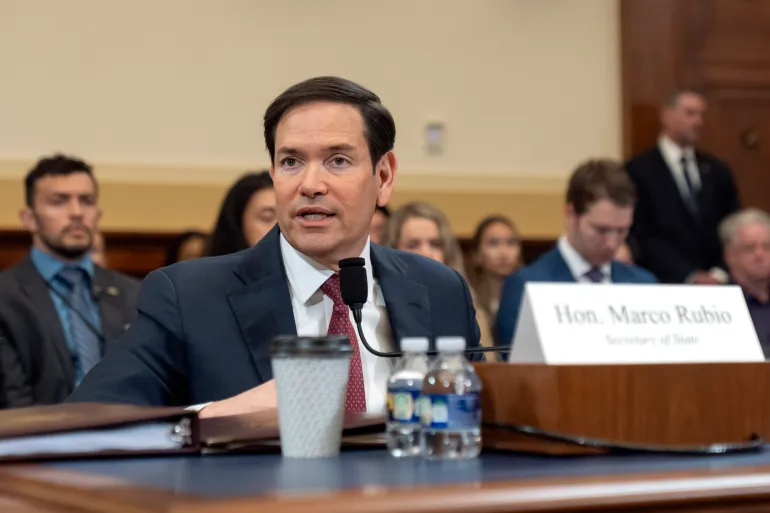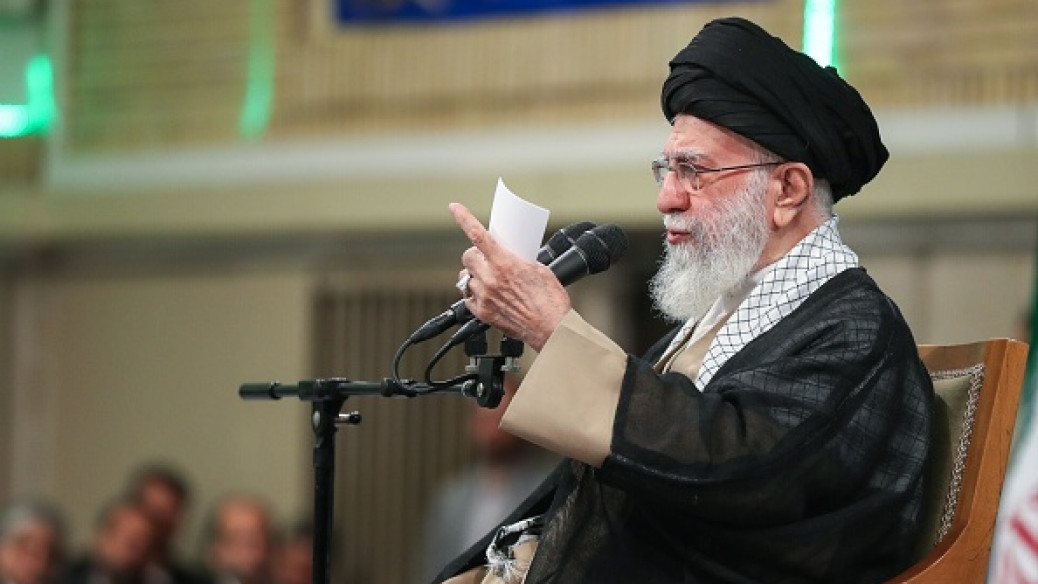The United States is actively reviewing whether to designate the Taliban as a Foreign Terrorist Organization (FTO), a move that would mark a significant policy shift nearly four years after the group returned to power in Afghanistan. The announcement was made by a senior U.S. State Department official on Tuesday, signaling growing concern in Washington over the Taliban’s continued repression, ties to extremist groups, and failure to meet international expectations.
Speaking to reporters, the official said the FTO designation is “under active consideration,” though no final decision has been made. “We are closely evaluating the Taliban’s conduct, including its human rights record, treatment of women, and association with terrorist elements such as al-Qaeda,” the official stated. “All these factors are being assessed under the criteria for an FTO listing.”
The review comes as the Taliban government faces increased international criticism for its authoritarian governance and rollback of civil liberties, particularly the near-total exclusion of Afghan women and girls from education, employment, and public life. Rights groups and lawmakers have also raised alarm over the Taliban’s alleged protection of terrorist operatives and ongoing violence against minority groups and dissenters.
Under U.S. law, an FTO designation by the Secretary of State would criminalize material support to the Taliban, freeze their assets under U.S. jurisdiction, and impose sweeping sanctions. Such a move would further isolate the group diplomatically and financially at a time when Afghanistan is suffering from economic collapse and humanitarian crisis.
Republican lawmakers have been urging the Biden administration to make the designation official, arguing that the Taliban has clearly failed to fulfill the terms of the 2020 Doha Agreement, which laid the groundwork for the U.S. withdrawal from Afghanistan. Senator Lindsey Graham recently stated, “The Taliban is a terrorist group—always has been. The administration’s hesitation only emboldens them.”
So far, the U.S. has imposed targeted sanctions on individual Taliban leaders and entities but stopped short of labeling the entire group as a terrorist organization. This cautious approach has been aimed at preserving limited diplomatic engagement and allowing humanitarian aid to flow into Afghanistan, where millions face extreme poverty and famine.
The Taliban, in response to the news of a possible FTO designation, rejected the accusations as politically motivated. In a statement, the group insisted it has brought stability to Afghanistan and does not pose a threat beyond its borders. “Such labels are tools of coercion and will not change our resolve,” said Taliban spokesperson Zabihullah Mujahid.
Human rights organizations have broadly supported the idea of increased pressure on the Taliban. Heather Barr, associate director at Human Rights Watch, said the review was long overdue. “The Taliban’s systematic abuses—especially against women—amount to crimes against humanity. The world must respond with more than just condemnation.”
However, some humanitarian groups have expressed concern that an FTO designation could complicate aid operations, making it legally and logistically harder to deliver food, medicine, and essential services to Afghan civilians. “We urge the U.S. to carve out protections for humanitarian work if it proceeds with the listing,” said David Miliband, president of the International Rescue Committee.
As Washington continues its deliberations, pressure is mounting from both sides—those demanding stronger action against Taliban abuses, and those warning of the unintended fallout on Afghanistan’s 40 million people.
For now, the Biden administration has offered no timeline for a decision. But with mounting evidence of repression, persistent ties to jihadist groups, and no sign of reform from Kabul, the Taliban’s status in the eyes of U.S. law may soon take a dramatic turn.
Source: Al Jazeera



